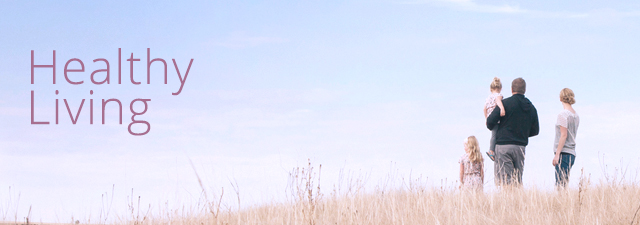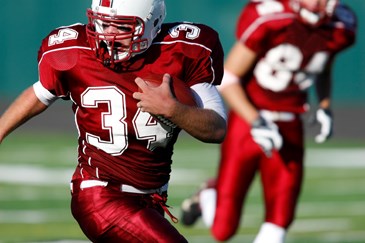Algoma Public Health
Concussion Awareness and Prevention
Concussions have become a hot topic in sports media. Professional athletes and sports organizations at large have had to deal with the serious consequences that this headache of an injury has caused. The increased discussion of concussions in sports and media has created a misconception that only professional, hard-hitting athletes are at risk. Algoma Public Health wants to remind everyone that concussions affect athletes at all competition levels, along with members of the general public.
What is a Concussion?
The Concussion Awareness Community Education Committee, a local Sault Ste. Marie organization dedicated to educating the public on issues surrounding concussions defines a concussion as a type of invisible brain injury that may be caused by a blow to the head, face, neck, or body that causes sudden shaking of the brain inside the skull.
Possible Signs & Symptoms of a Concussion
All concussions are serious and most occur without loss of consciousness. Signs and symptoms may occur right after the injury, or hours or days later. Symptoms may be more difficult to recognize in infants and toddlers because they communicate differently than older children. Parents need to watch their child more closely 24-48 hours after the injury because serious symptoms can develop. You can have a concussion and not realize it - know the symptoms:
- Memory Problems
- Mood Swings
- Balance Problems
- Headaches & Fatigue
- Vision & Noise Sensitivity
- Loss of Consciousness
- Confusion
- Nausea & Vomiting
- Ringing in the Ears
- Dizziness
- Concentration Problems
Beyond these signs and symptoms, individuals who experience a concussion often suffer from trouble falling asleep. These concussion effects can drastically reduce a person's quality of life and have been linked to return to work issues and difficulties with learning in the classroom for students.
Symptoms are typically made worse by physical activity and mental exertion. The most important treatment is REST. Return to normal activities, including sports should be done gradually. If symptom(s) return, it is a sign that the brain is still healing and more rest is needed!
Source:
Date of Creation: June 1, 2015
Last Modified: June 1, 2015











